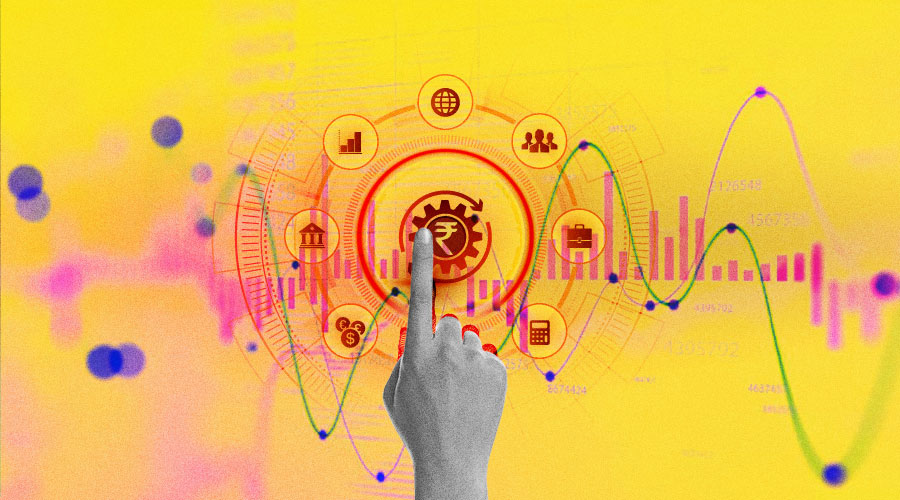Data science has become a significant part of the fintech industry, as it can predict creditworthiness and analyze customer experience. By leveraging data, businesses can increase revenue and reduce costs. This article examines some of the roles and benefits of data science.
Speeding Up Processes
Traditional finance companies need help leveraging fintech technology. They haven’t even scratched the surface when it comes to data analytics. That being said, some technologies are making waves, if not for their own merits, because they’re being used in combination with each other. With the aid of consulting services, Cane Bay Partners St. Croix, the biggest hurdle for traditional finance organizations is re-evaluating their IT strategies. Rather than simply adding more bandwidth and storage to the existing stack, they should re-engineer their infrastructure to achieve a more agile workflow. Aside from the apparent upgrades, they should also consider non-traditional team-building methods. With the financial industry becoming more competitive, there are many chances for an intelligent company to hire a ton of talent from around the world.
Examining Customer Experience And Engagement
Whether a bank or a financial services company, you can leverage data science to improve customer experience and engagement. Data Science can enhance your marketing impact and increase the return on investment. It can also help you pass audits and certifications.
Using Data Science can enable you to provide personalized products and services to your customers. You can also predict future trends to better prepare for the market. This is a vital tool in building your financial strategy.
Data Science can also help you reduce fraud. With a Machine Learning solution, you can identify and prevent fraudulent behavior. For example, you can automate credit scoring, eliminating the need for manual labor.
Financial institutions are looking to engage customers with more personal and meaningful experiences. With a consulting, Cane Bay Virgin Islands, focusing on customer experience, you can better meet their needs and deliver a seamless digital experience.
Click here – Study in Australia – 6 popular part-time job recommendations
Identifying Anomalies
In data science, anomaly detection identifies things that don’t follow a regular pattern. While this might sound mundane, detecting anomalies is a valuable tool in a rapidly changing business environment. Anomalies are often a sign of structural flaws, fraudulent activities or other issues.
Using a solution with AI-based anomaly detection is the most effective way to do this. This type of software can sift through massive datasets and identify trends quickly. It can also help companies make better decisions.
There are several algorithms used in anomaly detection. Most of it uses unsupervised methods. Unsupervised means that the algorithm does not require a labeled data set to learn. Depending on the situation, it may not be as relevant as supervised approaches.
Click here – Why High School English Isn’t Just for Future Lit Majors
Predicting Creditworthiness
Banks and other financial institutions have many data sources to choose from when predicting creditworthiness. However, there are some limitations when using machine learning (ML) for credit scoring. These limitations are not related to algorithm performance but rather to incorrect data.
To determine a person’s creditworthiness, bank lenders use data science to examine customer information and transaction history. The algorithms can separate good borrowers from bad ones in just a few seconds.
Credit scoring models can help banks assign risk to different groups of borrowers. They also identify demographic characteristics that may contribute to a person’s credit risk.
A growing middle class in emerging market economies (EMEs) is primarily unbanked. FinTech companies are addressing this issue with data science. These companies offer customized offers based on customer transaction history and purchasing power.
Automating Operations to Save Money
When you consider the cost of doing business in the fintech industry, automation is one of the many things you can do to help reduce costs. As companies automate their processes, they can cut costs and improve service levels. Reducing their time on low-value tasks can free staff to focus on more valuable lessons, increasing efficiency and enhancing customer experience.
Automation also helps companies reduce the labor needed to complete simple tasks. For example, a company automating accounts receivable can expect up to 50 percent cost savings.
Banks need to have an accurate and reliable system that eliminates human error.
